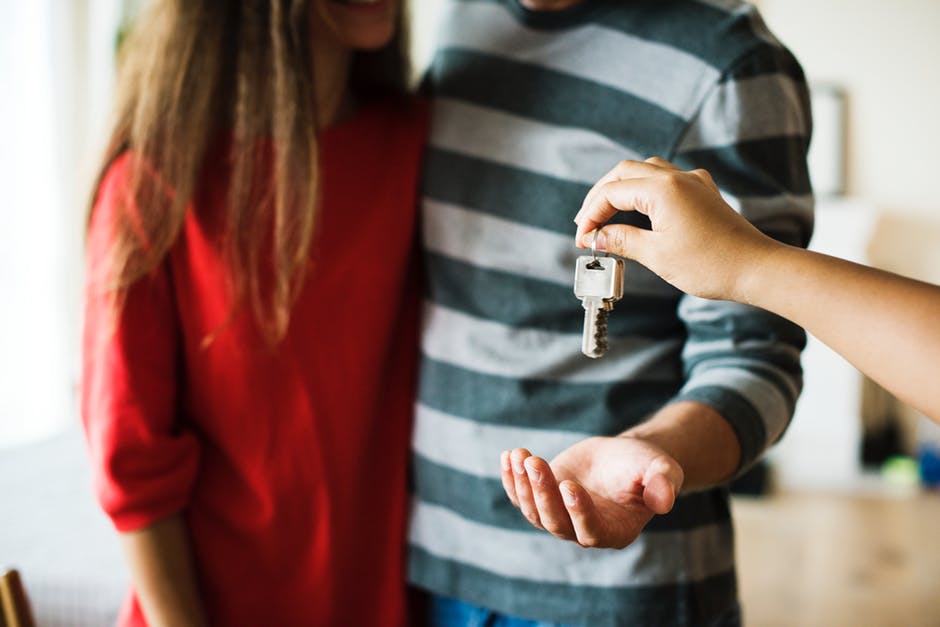
Things to Take Care of After Your Residential Move

Moving is no small task. The movers have pulled away. Now you’re left with many boxes to unpack and a house to pull together.
The heaviest part of the work is complete, and before you unpack and sit back and relax, there are a few tasks to take care of.
Yes, it’s overwhelming, but here are some of the top things you should focus on right after you move in.
Inspect Everything
Perhaps you used a residential mover, or maybe you tackled the move on your own, in either case, you will want to make sure that everything arrived safely. Inspect your boxes, furniture, and appliances to confirm that everything is intact and working.
Now is the time to go through your new home and examine it as well. Even though you completed a walkthrough before the move, take the time to inspect it again now. Anything can happen in the days, weeks, or months between your initial visit and your moving in — even if no one has been occupying the home.
Use a “Move-In” List When Unpacking
With so many boxes, unpacking your stuff can be an overwhelming task. Stay organized by unpacking systematically. The ideal way is to use an unpacking list.
Break the process down room by room. Prioritize the rooms that need to be unpacked and put away first. Then move down the list in order of importance.
In fact, when you’re packing consider putting each room’s essential items in their own box. Then mark that box with a priority indicator so that you know that box should be unpacked first in that room.
Clean Up and Confirm Safety Precautions
The moving process is messy work. After you have done some unpacking and much of your stuff is in its proper place, it’s time to clean up and recycle the packing material. With that out of the way, you can dig in with a thorough cleaning.
If you have kids or pets, make sure your home has safety precautions in place. Make sure all medicines are put away, stairs and windows are protected to prevent falls, and electrical outlets are covered.
Check the smoke and carbon monoxide detectors to make sure they are working correctly and have not expired. Replace the locks and add a security system if that’s in your plan.
Change Address, Insurance, and License
File a change of address with the local post office. Also, notify various companies about your new address. Be sure to include banks, as well as credit cards and insurance companies.
If you’ve moved to a new state, you’ll likely need to set up a new bank account. Check with your insurance companies to see if you need to make changes to your policies or if you need different coverage. This includes household, auto, and health insurance.
Make sure you register your car at your new address and update your driver’s license at the local DMV.
Moving Help
Are you planning a household move? We can help! Get a free quote today.
Request a Quote

